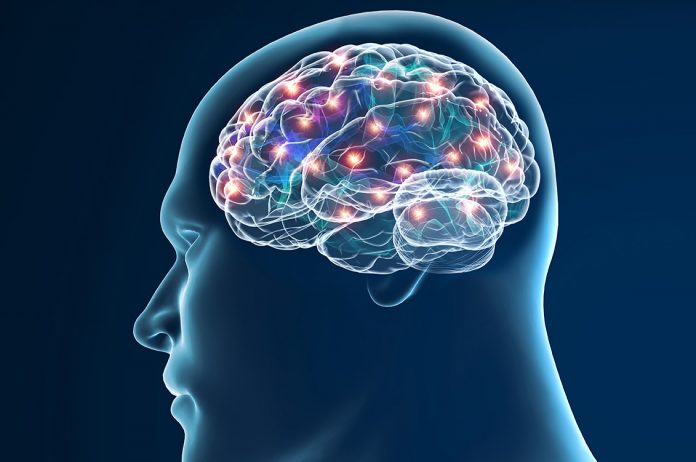UCB’s Duncan McHale outlines why reclassification might be a good idea to boost drug development for neurodegenerative diseases like Alzheimer’s and Parkinson’s
Neurodegenerative diseases are a growing global challenge, as medical advances ensure more individuals live longer. By 2020 there will be more than 40 million people in the world with Alzheimer’s disease (AD) and by 2040, without the development of disease-modifying drugs, this will rise to more than 80 million. Discovering and developing disease-modifying drugs is proving very challenging, with many programmes failing. November 2016 saw another phase 3 failure with Lilly’s solanezumab failing at the final stages of development. Is this the end of the amyloid hypothesis or a case of too little, too late and too broad?
The amyloid hypothesis
Alzheimer’s disease is a chronic neurodegenerative disease which usually presents in the seventh or eighth decade of life. However, the earlier onset is not uncommon. The cause(s) of AD are not fully understood but the presence of amyloid (protein) plaques in the brain was demonstrated in 1911 and since this time the disease has been thought of as a disease of amyloidosis. Multiple potential therapies targeting amyloid processing have been developed and studied, with several still in the development stages. These therapies have all demonstrated an ability to reduce amyloid load in preclinical models, but this has so far not been beneficial to humans.
Amyloid is undoubtedly associated with AD and its presence has been a core part of the diagnosis, either post mortem or, more recently, through imaging techniques. However, the amount of amyloid does not correlate with disease severity and many subjects have significant amyloid deposits but no symptoms. Despite these anomalies, the majority of current potential therapies have been targeting this mechanism. The community eagerly awaits the results of a clinical trial using Biogen’s aducanumab as the most promising agent so far, but given the failure of other admittedly less potent molecules targeting amyloid deposition, many are pessimistic about a good result.
Drug development for neurodegenerative diseases at a turning point
The failure of these therapies to date could be because the amyloid hypothesis is flawed and, despite the association, amyloid is a downstream consequence of the disease process and not pathogenic in its own right. However, the presence of familial forms of the disease caused by genes involved in amyloid processing makes this unlikely. For example, the presenilin 1 gene is part of a protein complex which degrades amyloid, creating the pathological 42 amino acid peptide.
It is much more likely that, for most individuals, amyloid is not the sole cause and additional pathological mechanisms are involved. Indeed we now know that the Tau protein is one of these additional mechanisms. It is, therefore, time to start focussing on some of these other mechanisms to find the causes of AD, which we can then target with new therapies. We need to look for mechanisms that are important in later stages of the disease process and/or can still be successfully modified once the very early symptoms appear. AETIONOMY is a consortium with the sole purpose of identifying these other mechanisms involved in AD and reclassifying neurodegenerative disease using these discriminatory mechanisms, which will help us develop new treatments.
At AETIONOMY we have been taking the totality of research in AD and, using our knowledge base, integrating this information into a common framework to search for other potential mechanisms. By looking for these other mechanisms we hope to find sub-populations of patients who can be treated by targeting the cause in them which is present with the amyloid plaques. Success will result in a new way to classify AD beyond just the presence of memory problems and plaques. Success will also result in new mechanisms for targeting and precision medicines for AD.
AETIONOMY
AETIONOMY is an Innovative Medicine Initiative (IMI) funded consortium established to develop a mechanistic based classification of neurodegenerative diseases, with an initial focus on Alzheimer’s and Parkinson’s disease. This public-private partnership is co-led by myself and Martin Hofmann-Apitius from SCAI Fraunhofer. The premise behind the project is that, although large sums have been invested in research in neurodegeneration and a lot of data generated, the co-ordination and integration of this data across the community has been less well addressed. The consortium has brought together experts in informatics, computing, engineering, mathematical modelling of disease, neuroscience and clinical neurology from leading academic centres, as well as neuroscience, informatics and neurology drug development experts from the EFPIA Industry partners.
Duncan McHale
Head of Global Exploratory Development
Please note: this is a commercial profile











